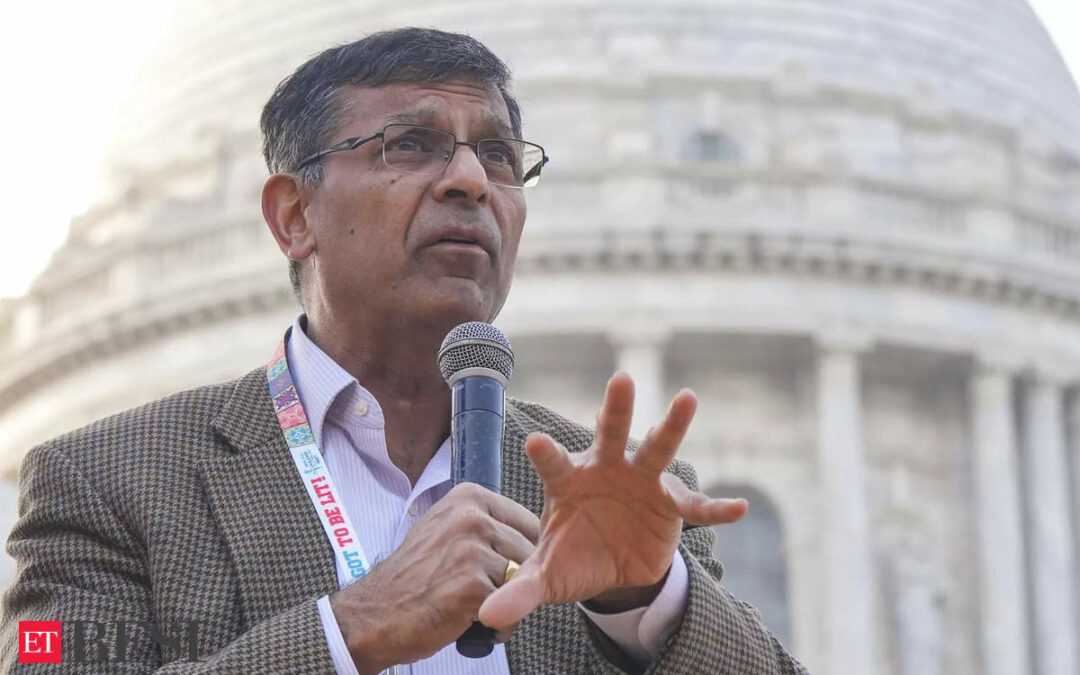Speaking on the Lok Sabha Election Results, the former Governor of Reserve Bank of India (RBI), Raghuram Rajan, praised the ‘wise’ Indian voters for electing a strong Opposition.
He further labelled the election results as a ‘win for Indian democracy and a win for the economy’.
In a LinkedIn post, the former Governor attached a paper and said, “India needs to change its economic course. That is less likely if the Bharatiya Janata Party wins with an overwhelming majority because the party will see victory as an affirmation of its policies.”
Betting on a strong opposition, Rajan said, “Regardless of what happens over the next few days, we will have a strong opposition that forces the government to change course.”
In the paper that he has attached with the LinkedIn post, Raghuram Rajan credited Prime Minister Narendra Modi for having advanced the Indian economy in his 10-year tenure.
However, he pointed out that the Indian economic growth has been a mixed bag for the average Indian.
Fighting chance for securing the economic future with strong opposition
The former Governor said that India needs to change its economic course. That is less likely if the BJP wins with an overwhelming majority because the party will see victory as anaffirmation of its policies.
“What is more worrying is that subsequent, growing authoritarianism — which shrinks the space for protest and criticism — may continue to grow, and further diminish the likelihood of a course correction,”he said.
Conversely, if the election produces a strong opposition, no matter its identity, India has a fighting chance of securing the economic future its people desperately want, he said.
Raghuram Rajan’s takeaways under Modi administration
In the paper, he explained the popularity of Narendra Modi citing that he advanced the Hindutva agenda.
On the economic aspect, he said that another explanation is that Modi has managed the economy well, with India recently overtaking the United Kingdom to become the fifth-largest economy in the world, and soon surpassing stagnant Germany and Japan to become the third largest.
His economic stewardship, some experts argue, is setting up the country and its 1.4 billion people to succeed in the future. But India’s economic growth, although seemingly high compared with other countries, has not been large enough, or taken place in the right sectors, to create enough good jobs,he contended.
India is still a young country, and over ten million youth start looking for work every year. When China and Korea were similarly young and poor, they employed their growing labor force and consequently grew faster than India is today. India, by contrast, risks squandering its population dividend.
“The joblessness, especially among the middle class and lower-middle class, contributes to another problem: a growing gulf between the prosperity of the rich and the rest.”
He said the Modi administration has taken India forward in important ways, including building out physical infrastructure and expanding digital infrastructure as well as many welfare benefits
However, the last decade has been decidedly a mixed economic bag for the average Indian, he maintained.
He believed that some of the challenges India faces have been long in the making, but the administration’s policies have also contributed in important ways.











